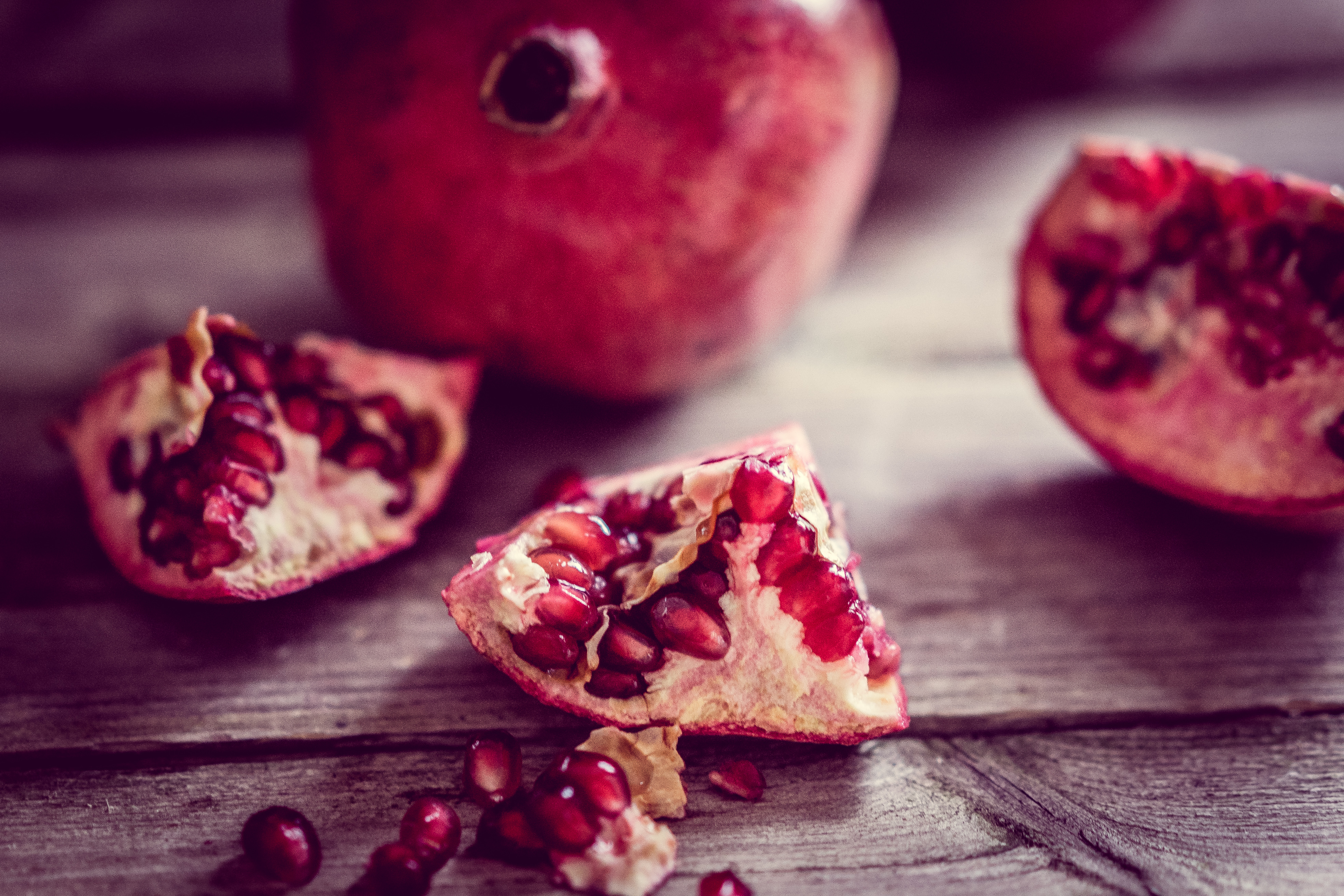Testosterone Is More Important For Women Than You Think!
As a woman, have you ever had your testosterone checked? Chances are you haven’t or you aren’t sure. Many women think of testosterone as a hormone that is strictly for men. Nothing could be farther from the truth. If you struggle with low energy or mood swings, or if you just want to protect your bones and muscle mass, read on.
If you struggle with low energy or mood swings, or if you just want to protect your bones and muscle mass, read on…
What is testosterone?
Testosterone is a steroid hormone that belongs to a class of hormones called androgens. It is produced mostly in the testes of men and the ovaries of women, although small amounts are produced in the adrenal glands as well. Testosterone is best known for its anabolic effects, like building muscle and tissues, helping with protein synthesis, and increasing bone density. Testosterone also has androgenic effects that we often associate with male secondary sex characteristics, i.e. deepening of the voice, development of facial and body hair, and changes in facial bone contours.
Why is testosterone important for women?
For both men and women, testosterone plays a key role in the development and maintenance of muscle mass, strength, energy levels, and bone density. For women in particular, the maintenance of bone density and muscle mass is important, as both of these tend to deteriorate with age. Testosterone may also offer females some more subtle effects, like impacting mood and (here’s the big one) sexual desire. That’s right…the big “T” is linked to the big “O” for women as well as men.
What are signs of low testosterone for women?
Women with low testosterone (low T) may experience decreased libido and persistent fatigue. For athletes in particular, muscle weakness is another frequent complaint. Because testosterone is a hormone, symptoms of deficiency resemble symptoms of depression and other mood disorders. In fact, certain experts argue that misdiagnosis and lack of treatment are common for these reasons. – Inside Tracker
Nutrients To Increase Your Testosterone?
If you think you may have low testosterone or just want to be sure yours is at a normal level, knowing what nutrients your body needs to produce testosterone is essential. Take a look at the nutrients you need and some foods you can eat to consume them.
What’s Needed to Produce Testosterone?
To produce testosterone, your body requires several different nutrients. Among the nutrients more often depleted are vitamin D3 and zinc.
Zinc is an essential mineral that is naturally present in some foods. Deficiencies can result in a wide range of symptoms because zinc is involved in a number of significant body processes.5,6
Vitamin D can be manufactured by your body when your skin is exposed to the sun. However, many people are deficient in vitamin D because of the number of hours spent indoors and the amount of sunscreen used.
I don’t advocate hours of unprotected sun exposure, but your body does require regular unprotected exposure to produce vitamin D and gain other benefits. You can read more about vitamin D deficiency and how it affects your health.
Stress is a natural testosterone killer. When your body experiences stress you release cortisol, a hormone secreted by your adrenal glands. Cortisol reduces the effects of testosterone on your body. If you want to improve the effects of testosterone, then reduce your stress and cortisol levels…
…While there are several ways of boosting your testosterone levels, the production of the hormone is dependent on the presence of specific nutrients. Start with incorporating these foods into your nutritional plan.
Pomegranate
This beautiful red fruit has been used medicinally for centuries. With high levels of antioxidants, vitamins A, C, E and iron, researchers have found one glass of pomegranate juice a day can increase testosterone levels between 16 percent and 30 percent improve mood, and increase libido.
Blood pressure fell and positive emotions rose as well among those consuming pomegranate juice. While many of the research studies have looked into pomegranate juice, I strongly suggest consuming the fruit in its whole form instead.
Not only will this give you added fiber (which is found in the edible seeds), but it will ensure that you’re not overdoing it on fructose, which is found in high levels in all types of fruit juice. That being said, even the whole fruit is high in sugar and should be eaten only in moderation.
Olive Oil
Extra virgin olive oil carries a powerful punch in your quest to increase testosterone. In research, participants who consumed olive oil daily experienced an increase in testosterone levels between 17 percent and 19 percent over a three-week period.
Oysters
Long hailed as a libido-boosting food, these little morsels are high in zinc. You may naturally experience a boost in your testosterone …
Other foods packed with zinc include sardines, anchovies, cashews and wild-caught salmon. Raw pumpkin seeds are another good source but should be limited to one tablespoon a day.
Coconut
Your body requires healthy saturated fats to produce most hormones, testosterone included.
Coconut will help your body’s ability to produce cholesterol, necessary for optimal health, help reduce body fat and maintain your weight. Weight control is another natural way of improving your testosterone production. – Fitness Mercola
Do you know if your testosterone is at a healthy level?
